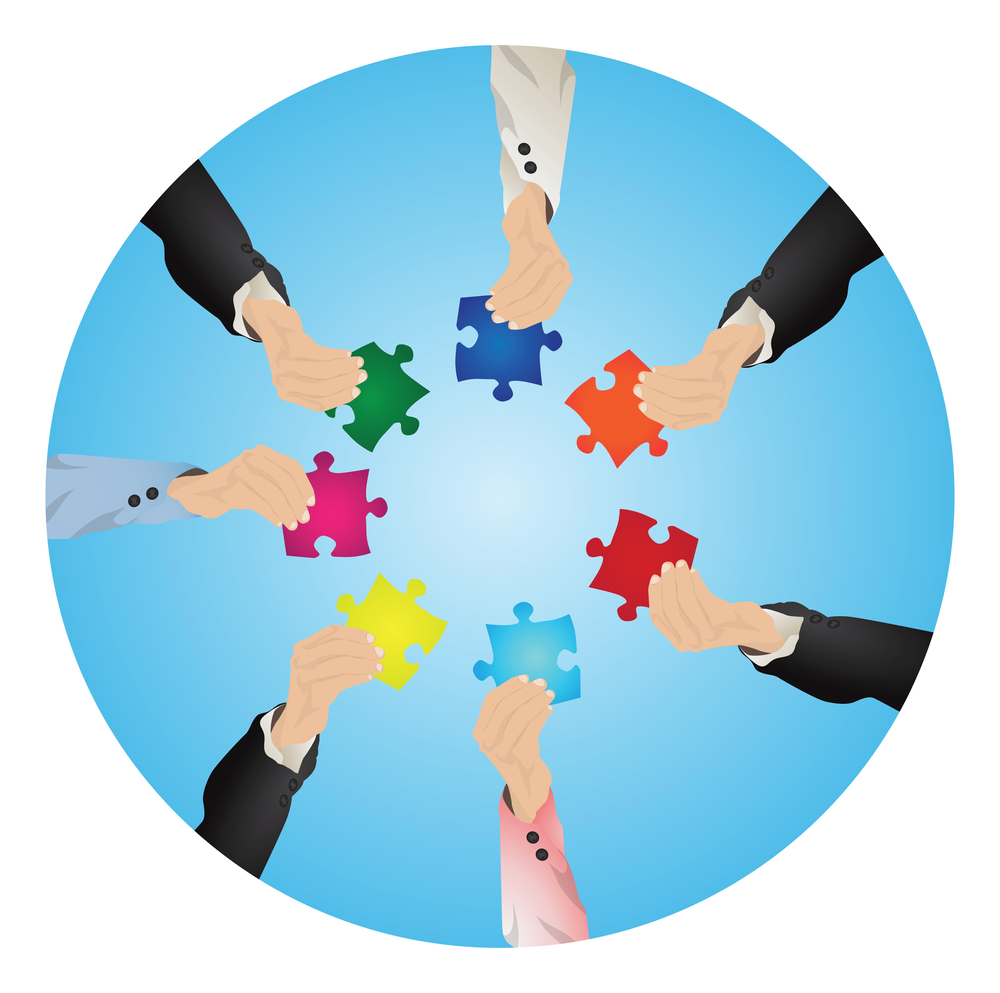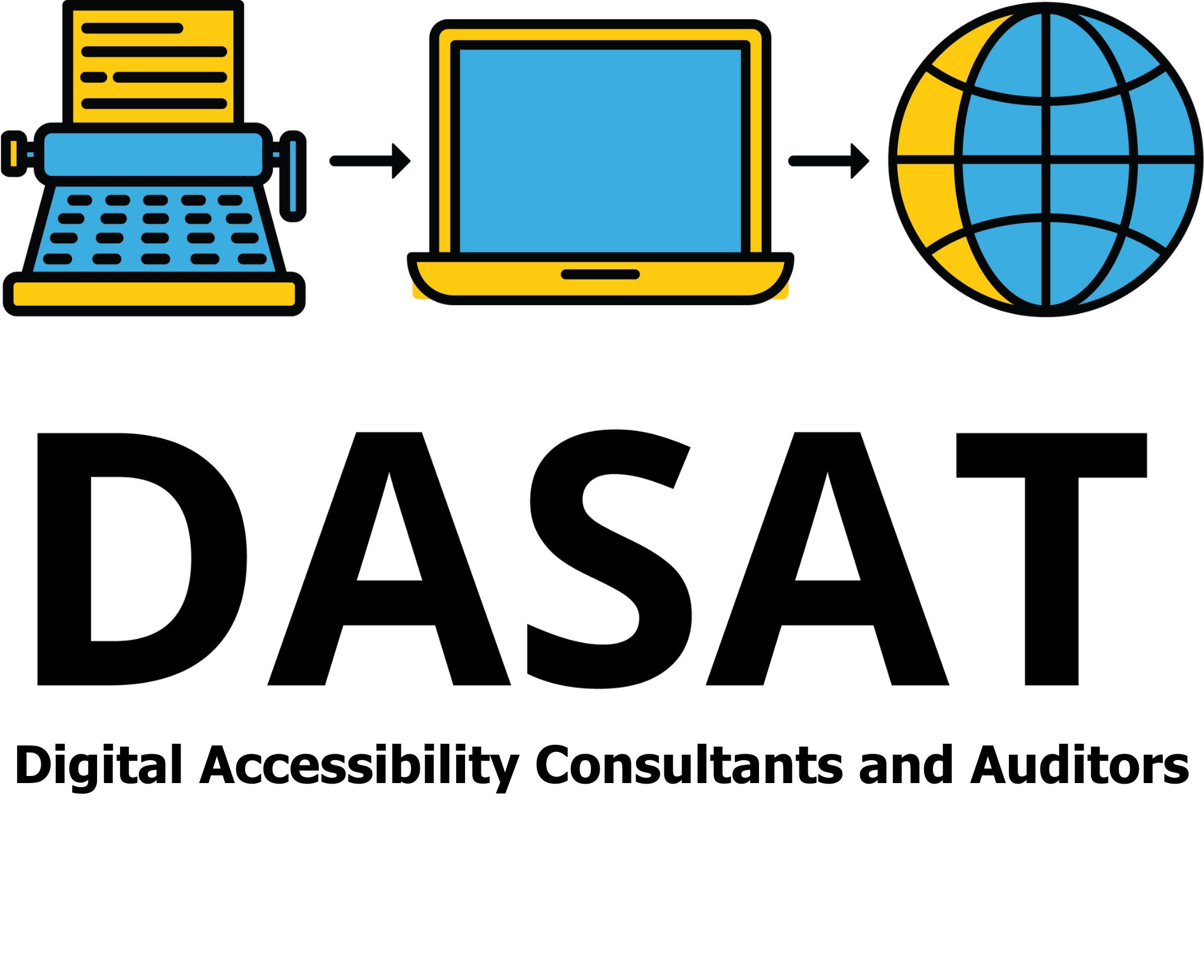
People with disabilities bring many skills to the business just like everyone else. However, they also bring some extra skills that may not be available to the average person. With the issues today that business are having in finding the employee for them opening the talent pool up to include people with disability can be the difference to opening up the client target market for the business. With people with disability making up 4.4 million of the Australian population there is a wide variety of people that want to work. According to the Australian Bureau of Statistics Disability and Labour Force just over half of people with disability of working age are unemployed.
So what skills do people with disability have the average person might not have.
 Problem Solvers
Problem Solvers
The main skill is that the person with disability is a problem solver every day of their lives. They often develop unique problem-solving skills due to the need to navigate and adapt to environments and challenges that may not be designed with their needs in mind.
People with disabilities frequently face and overcome obstacles in their daily lives, which can make them adept at thinking on their feet and finding creative solutions to complex problems. This adaptability can be a significant asset in a business environment where flexibility and innovative thinking are crucial.

Resourceful
People with disability must think outside the square to carry out many activities of daily living. Simple things like washing up may be an issue. Or even reading a computer screen may require extra tools and new skills. Living with a disability often requires finding alternative ways to accomplish tasks. This resourcefulness can translate into an ability to identify unconventional solutions and optimize the use of available resources in a work setting.

Resilience and Perseverance
The challenges associated with disabilities can foster a high level of resilience and perseverance. These traits are valuable in problem-solving scenarios, where persistence and the ability to remain focused under pressure are essential.

Team and Detail
People with disabilities often have a heightened sense of empathy and a collaborative spirit, having relied on and provided support to others. This can enhance teamwork and lead to more cohesive problem-solving efforts.
Many people with disabilities develop a keen attention to detail, particularly if their disability requires careful planning and execution of tasks. This meticulous approach can be beneficial in identifying and addressing problems that others might overlook.
Having a diverse workforce, including people with disabilities, brings a wider range of experiences and viewpoints. This diversity can lead to more comprehensive and effective problem-solving, as solutions are considered from multiple angles.

Technology
People with disabilities often become adept at using various assistive technologies to perform tasks. They use technologies that other workers are not aware of or are not efficient with. This knowledge can be transferred to others in the business. This proficiency can contribute to technological innovation and improve overall efficiency within the company.

Staff Absenteeism and Turnover
There is a perception that people with disability take more days off due to their disability or change jobs more often. According to JobAccess Australia this is a myth and people with disability stay in the same job longer than those who are normal. In fact, research says that people with disability stay in the job on average 4 months longer than those without disability.
Another study by Job Access Australia – Understanding Disability and Australian Workplace found that people with disability have lower rates of absenteeism, staff turnover and fewer workplace injuries than other workers.

Find the Opportunity
Business can find the opportunities when employing people with disability by doing a few simple things.
One, talk to a disability employment specialist to find out what resources and grants are available to assist the business and potential employees.
Two, ensure that your business implements the Digital Accessibility Standard, AS EN 301 549:2020. Check that your business is accessible to people with physical disabilities such as those that are in wheelchairs. That is ensure barrier free recruitment strategies are in place such as the accessible job ad, flexible interviews and having more than one way to prove their identity. Not everyone drives. This will ensure that all people including people with disability can read the job and, fill out your forms to apply for the job.
Three. Create an inclusive and diverse workplace. Ensure that all your staff have had disability awareness training that has been customised to your workplace needs. Ensure that your staff follow the inclusive work practices and culture that will benefit everyone.

Conclusion
Having lower staff absenteeism, and lower staff turnover not
only creates a saving for your business, through lower staff costs. Adding in people who are innovative problem
solvers gives your business more business opportunities to solve your clients’
problems. It creates higher productivity as you do not have to train new staff
in your work. This can only benefit your
business.
Employing people with disability improves not only your
bottom line, it can ensure a happier and more productive business for you.
